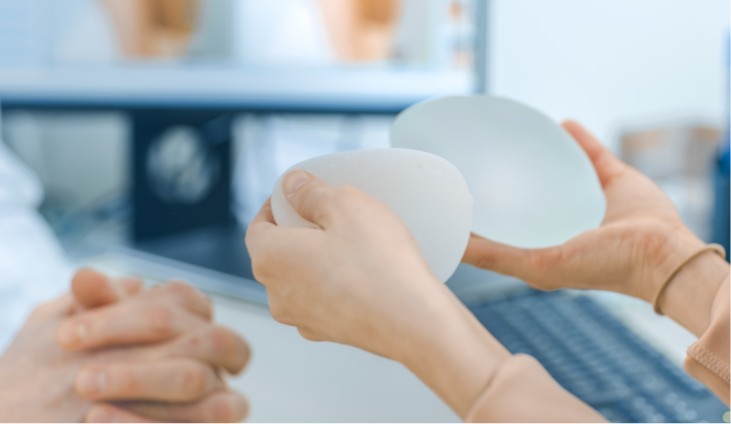- Category: Women's Health
- Published:
Body Image: Breaking Down Dysmorphia.
Body image is one of the main components of our individual character. In essence, body image speaks to how we think, feel, see, and act regarding our bodies.
Imagine an emotional picture of your own body, independent of how it really looks to the outside world; it is a complex topic that involves multiple contemplations, emotions, assessments, and practices. Especially if you’re a woman, you have likely been looking at the mirror a little too inquisitively. Does this ring a bell?
Misperception of this area is regular in everybody, but due to very unattainable beauty standards, it is specifically common in women. An unhealthy body image might become a central part of a few genuine disorders, including body dysmorphic scatter, anorexia nervosa, and bulimia nervosa. Distortions in body image can also impact confidence, disposition, ability, socialization, and work. In this article, we diagram the role of body image in mental and physical working and portray highlights of different body image-related conditions and disorders.
Body image is a multidimensional idea. The unpredictability of body image can be valued by looking at its parts. These apply to every individual:
- Psychological: considerations and convictions about the body.
- Perceptual: how individuals see the size and state of their body and body parts.
- Behavioral: the activities that individuals perform to mind, tend to, modify, or hide their body.
Ok, so now that we got this, what is precisely body dysmorphic disorder?
It consists of a psychological well-being issue in which you can’t quit thinking and obsessing about at least one imperfection or defect in your appearance — even a blemish that seems minor or can’t be seen by others. However, you may feel so embarrassed and on edge that you may stay away from social circumstances, stop yourself from wearing clothes you find beautiful, etc. This can eventually develop into more drastic consequences like disordered eating and depression.
These are some symptoms of body dysmorphic disorder, so you can keep your eye on them:
- Being very engrossed with an apparent defect in your appearance that to others can’t be seen or looks minor.
- The definite conviction that you have an imperfection in your appearance that makes you appalling or disfigured.
- The conviction that others see you like this.
- Participating in practices planned for fixing or concealing the apparent imperfection that is hard to oppose or control, such as checking the mirror as often as possible, pinching body parts, or skin picking.
- Continually contrasting your appearance with others.
- Looking for consolation about your appearance from others.
- Keeping away from social outings.
Body dysmorphic disorder generally doesn’t show signs of improvement all alone. It might deteriorate whenever left untreated after some time, causing uneasiness, other mental health issues, and even self-destructive actions. The most important decision you can make if you feel like you’ve been struggling with these issues is to book a therapy appointment right away. Speak honestly with your psychologist, and you can develop a plan together to help you create a healthy relationship with your body image.
*The content provided herein is for informational and educational purposes only and is not intended as medical advice or as substitute for a consultation with a physician.
Sources
https://ocdla.com/body-dysmorphic-disorder-bdd-research-review-1972
https://www.psychologytoday.com/us/blog/in-excess/201508/body-dysmorphic-disorder








